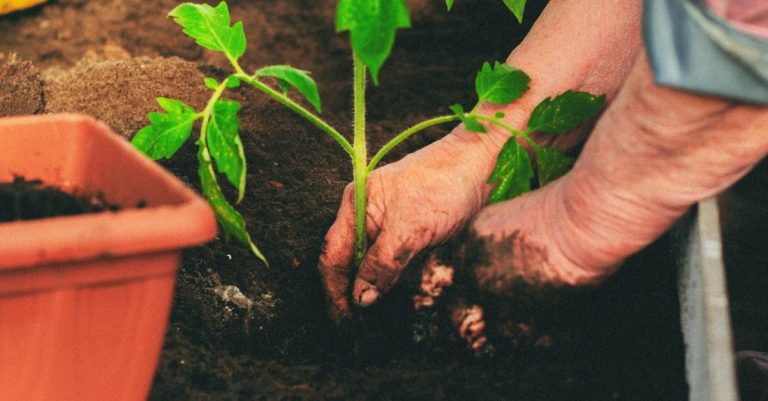
Gardening enthusiasts understand the importance of using organic fertilizers to promote healthy plant growth and soil quality. Organic fertilizers, derived from natural sources, provide essential nutrients to plants without the use of synthetic chemicals. They are eco-friendly and sustainable, making them an excellent choice for both amateur and experienced gardeners. In this article, we will explore some of the best organic fertilizers for gardens that can help you achieve a thriving and bountiful garden.
Nitrogen-Rich Options
Nitrogen is a crucial nutrient for plant growth, responsible for lush foliage and strong stems. Organic fertilizers high in nitrogen include composted manure, blood meal, and fish emulsion. Composted manure, such as cow or chicken manure, is a popular choice for gardeners due to its balanced nutrient content and ability to improve soil structure. Blood meal, made from dried animal blood, is a fast-acting nitrogen source that is particularly beneficial for leafy greens and vegetables. Fish emulsion, a byproduct of the fishing industry, is a quick-release nitrogen fertilizer that also provides trace minerals essential for plant growth.
Phosphorus-Boosting Fertilizers
Phosphorus is essential for root development, flowering, and fruiting in plants. Organic fertilizers rich in phosphorus include bone meal, rock phosphate, and guano. Bone meal, made from ground animal bones, is an excellent source of slow-release phosphorus that benefits flowering plants and root crops. Rock phosphate is a natural mineral that releases phosphorus slowly over time, making it ideal for long-term soil enrichment. Guano, derived from seabird or bat droppings, is a potent phosphorus fertilizer that also contains beneficial microbes that enhance soil health.
Potassium-Packed Choices
Potassium plays a vital role in plant metabolism, water regulation, and disease resistance. Organic fertilizers high in potassium include wood ash, kelp meal, and composted banana peels. Wood ash, a byproduct of burning wood, is a readily available source of potassium that also helps raise soil pH. Kelp meal, made from dried seaweed, is a sustainable option rich in potassium, as well as other micronutrients that promote overall plant health. Composted banana peels are a cost-effective way to add potassium to the soil while also reducing waste.
Micronutrient-Rich Alternatives
In addition to the primary macronutrients (nitrogen, phosphorus, and potassium), plants require various micronutrients for optimal growth. Organic fertilizers that provide a broad spectrum of micronutrients include rock dust, worm castings, and compost tea. Rock dust, derived from crushed volcanic rock or minerals, is a natural source of trace minerals that improve soil fertility and plant nutrient uptake. Worm castings, also known as vermicompost, are rich in beneficial microbes and micronutrients that enhance soil structure and promote plant growth. Compost tea, made from steeping compost in water, is a nutrient-rich liquid fertilizer that can be applied directly to plant roots for quick absorption.
Conclusion: Nourishing Your Garden Naturally
Organic fertilizers offer a sustainable and effective way to nourish your garden while promoting soil health and biodiversity. By choosing the right organic fertilizers based on your plants’ specific needs, you can create a thriving garden ecosystem that is free from harmful chemicals and synthetic additives. Experiment with different organic fertilizers to find the best combination that works for your garden, and enjoy the bountiful harvests and vibrant blooms that result from nurturing your plants naturally.





